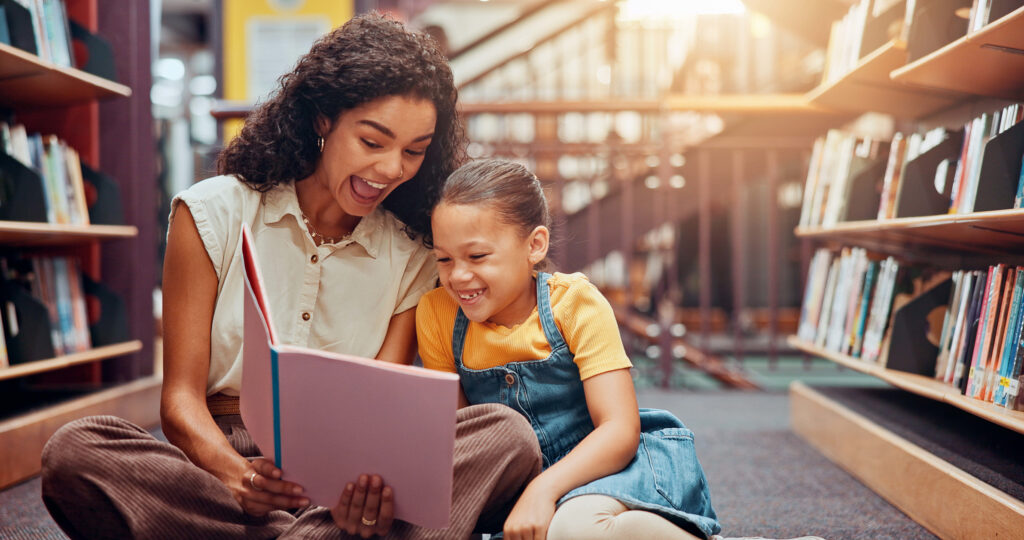
It seems inevitable that, as young as grade-school level, we gravitate toward kids with whom we share similar interests. I had friends in the drama club and school newspaper because those were the social groups that I was involved in. However, now that I’m a mom to a four-year-old, I’m amazed to see that, even in daycare, the kids are segregating themselves into their own little groups.
And I wondered, is this a good thing?
On the one hand, my son was extremely enamoured with his core circle of friends (whom happened to all be girls), so I was relieved – he seemed to have nice kids to hang out and play with, and despite the odd toddler spat (“So-and-so didn’t play with me today because I couldn’t sing the song from Trolls”), they all got along beautifully.
But, at the same time, I didn’t like to think that maybe he was excluding other kids by being in his newfound “clique”. It’s nice to have friends, but what about the kids who haven’t yet found friends or cliques – maybe he should be encouraged to play with those children too?
Jacqueline Sanderson is an RECE (Registered Early Childhood Educator) at a YMCA daycare program in Guelph, Ont. She said that kids start forming cliques from a very young age, and that it’s neither a good thing nor a bad. “It’s not a positive or a negative – it’s the natural flow to forming personalities,” she explained. “The children are just deciding what they’re interested in and finding kids who are into those same things. As they get older and start to become exclusive and maybe stop letting others join in, then you can have a conversation about having empathy for those around them.”
For now, she monitors how the children interact with their peers who are outside their designated cliques. “I’ll listen for a few minutes to see what is being said… if I hear, ‘I don’t want to be your friend because you pushed me,’ then they’re kids having a conflict and they will work it out,” she said. “But if they say, ‘I don’t want to be your friend’ and walk away, I’ll ask what happened. But generally, kids are very friendly.”
Dr. Yaniv Elharrar is a child psychologist and one of the founders of the West Island Therapy Centre, located just outside of Montreal, Que. He, too, said that cliques are a part of growing up and learning social skills within friendships. “Establishing friendships are key and important when kids are young – that’s when kids develop those skills of making friends, understanding what friendships entail, and they do so by playing and being together with friends,” he said. “By itself a clique isn’t necessarily a bad thing. Children will have an affinity for certain kids over others because they have common interests or are at their development level. But unless the child seems unhappy with their peer group, adults shouldn’t intervene. Let it occur naturally.” After all, he pointed out, we wouldn’t want someone dictating to us who we’re allowed to be friends with.
The important thing to ensure as parents is that our children are in healthy peer groups, where they’re content and allowed to be themselves without compromising who they are. “If they’re not learning inappropriate behaviour, that’s great,” Elharrar said. “It’s healthy to be in those groups because they will learn what it is to socialize and learn how to socialize well. In the end, there are a lot of benefits to cliques.”
Originally published in ParentsCanada magazine, Summer 2017.











